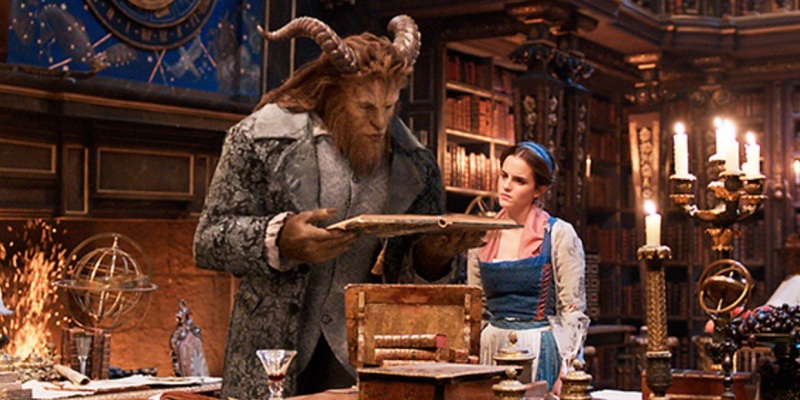This week, Disney announced that their new action-remake of Beauty and the Beast is to feature its first ‘exclusively gay moment’ in a Disney film. The moment is said to be between Le Fou and Gaston, but this isn’t the first time that Disney have got our hopes up of having LGBTQ representation.
Rumours had previously circulated in the media that Disney films Frozen and Finding Dory were to feature gay representation. However, these rumours proved to be false.
In not denying these rumours, Disney participated in a phenomenon known as ‘queer-baiting’ – the idea that film companies and so forth set up the expectation of gay themes and liberal attitudes to reel in LGBTQ audiences, only to fail to truly deliver on these themes. Disney’s inability to deny these previous LGBTQ rumours would perhaps not be so significant if Disney hadn’t made this bold statement about having its first ‘exclusively gay moment’, only to retract this statement by admitting that the representation in the upcoming film is something ‘subtle’.
In not denying these rumours, Disney participated in a phenomenon known as ‘queer-baiting’
Throughout history, homosexuality has been the ‘love that dare not speak its name’. It is an issue that we are still scared to discuss around child, and consequently depression rates amongst LGBTQ individuals are up to six times higher than the depression rates of non-LGBTQ individuals due to this silence we enforce over the existence of LGBTQ identities. Suicide rates amongst lesbian, gay and bisexual teens are four times higher than those amongst heterosexual teens. The statistic speak for themselves.
It is all very good that there are thousands upon thousands of queer readings of films like Frozen all over Tumblr, but until we have a gay Disney princess or proper LGBTQ representation, we are just perpetuating this silence on LGBTQ issues. We are perpetuating the idea that LGBTQ issues are ones that cannot be properly discussed, but only alluded to. After all, these are children’s films: the representation needs to be obvious, or it is ineffective.
This week it was also revealed that, since the gay marriage was legalised in all 50 American states in 2015, suicide rates amongst LGBTQ individuals has dropped by 14%. Representation works. There is a silent mental health crisis amongst our LGBTQ community, and something that needs to be actively tackled.
Representation works. There is a silent mental health crisis amongst our LGBTQ community, and something that needs to be actively tackled.
Disney’s bold statement that it is to feature this ‘exclusively gay moment’ comes at a time when we have seen one of the most successful films about LGBTQ representation has won an Oscar for best film. Moonlight is significant because it gives us that representation. It is a film that has the power to change lives and will forever go down in LGBTQ history as the moment when the homophobia and the LGBTQ community (and most importantly, the black LGBTQ community) was finally accepted by the mainstream media as something as equally important and equally impacting as heterosexual orientated films.
If Disney fails to deliver on its promised homosexual themes, it is an insult to the importance of films like Moonlight that do provide such representation, and it is an insult to the community that they are profitising off of.
Homosexual is no longer the ‘love that dare not speak its name’. It is a love that is screaming its message from the rooftops until all the world knows its name. Disney has the ability to make that yet unknown gay child know that their love is normal, know that they are normal, and it is time that they finally delivered on their empty promises.
Juliette Rowsell
Image courtesy of Disney

